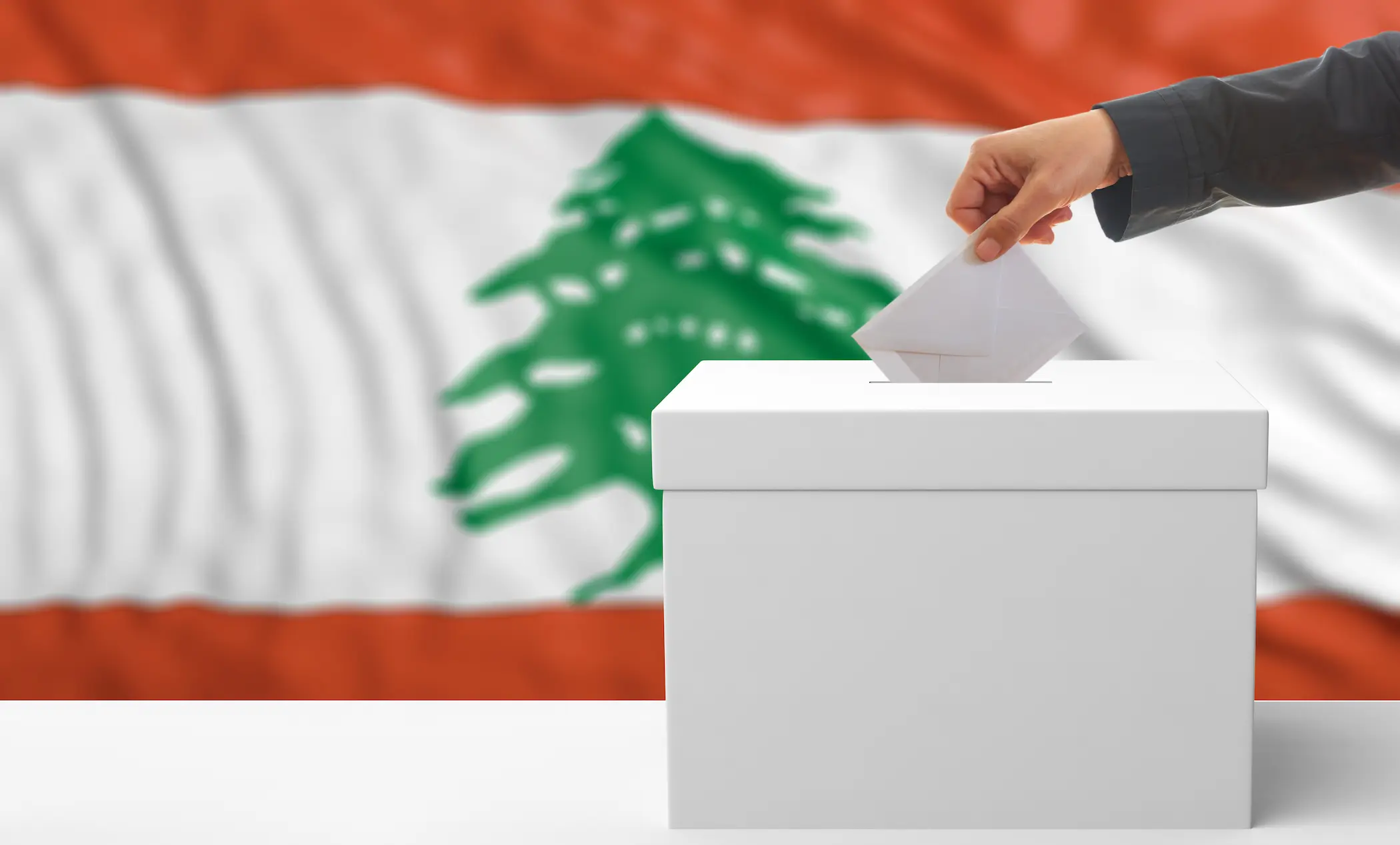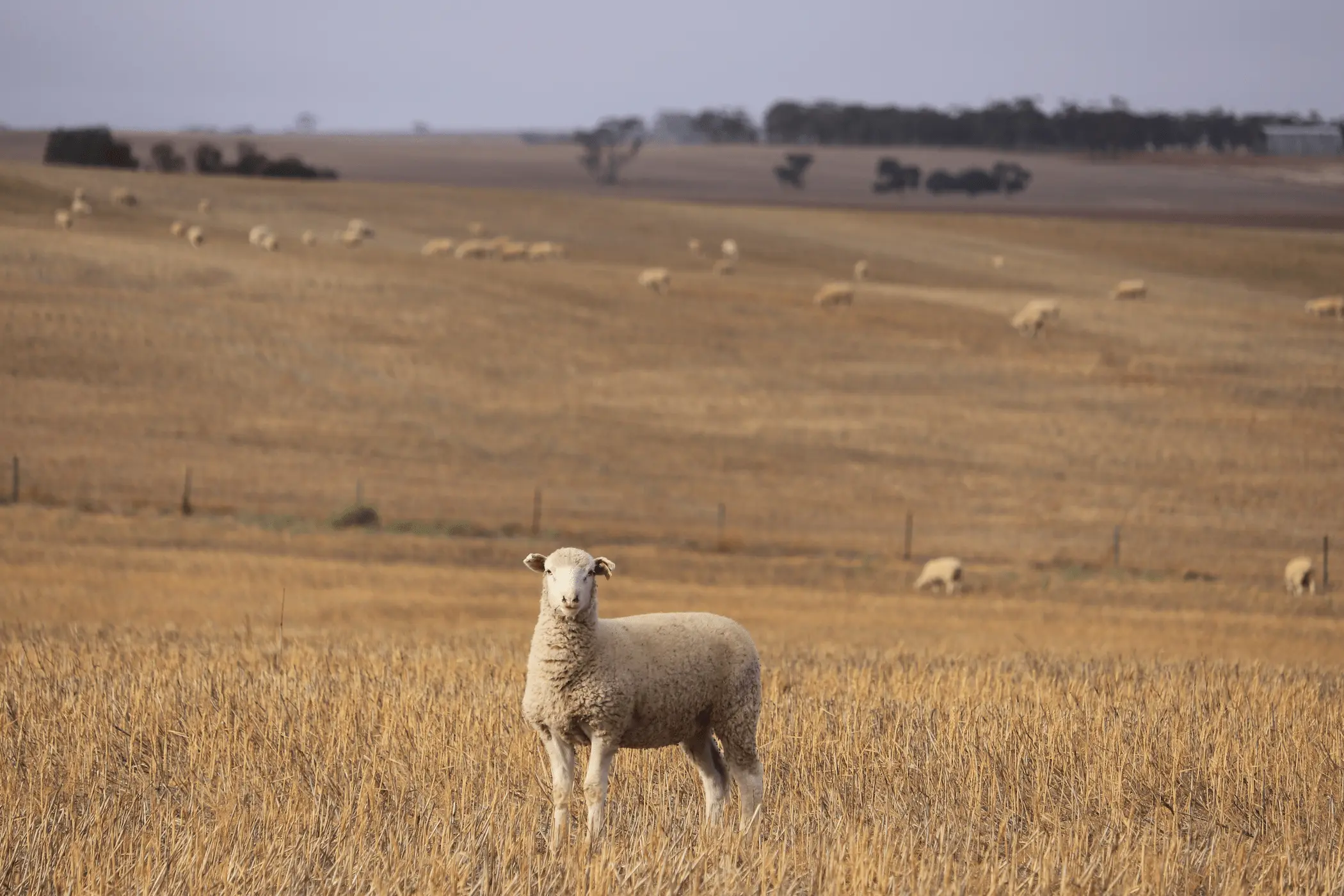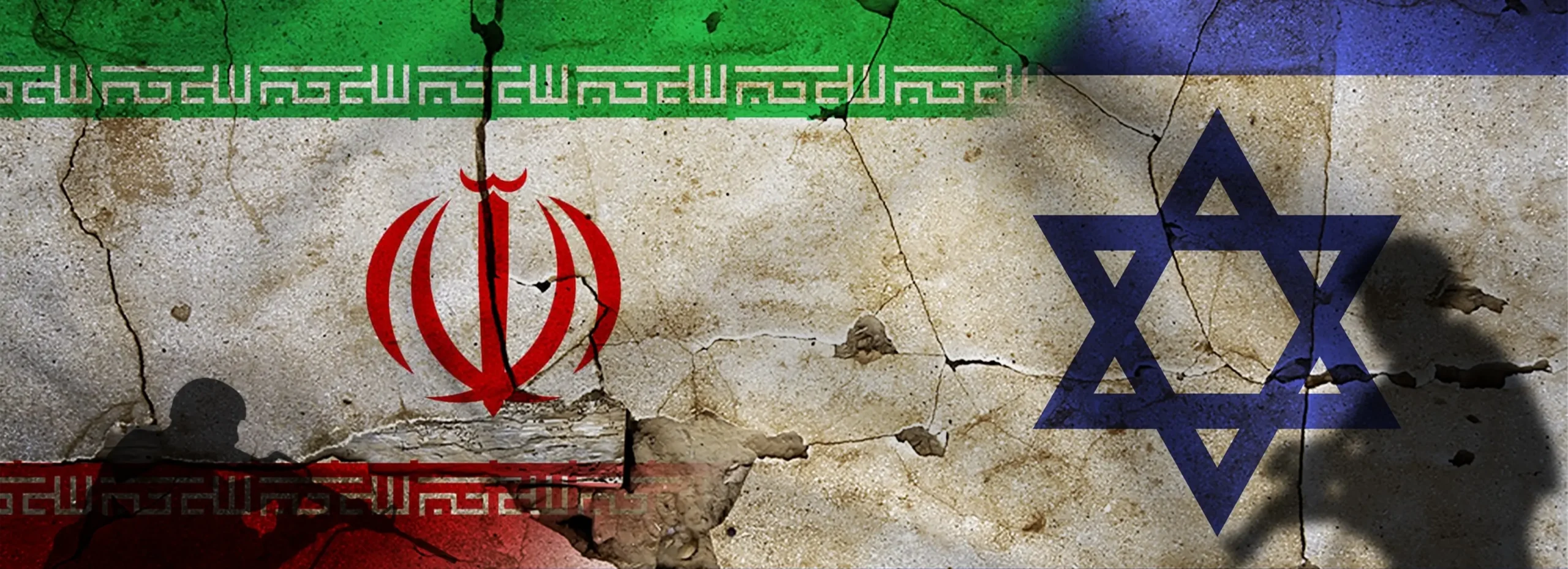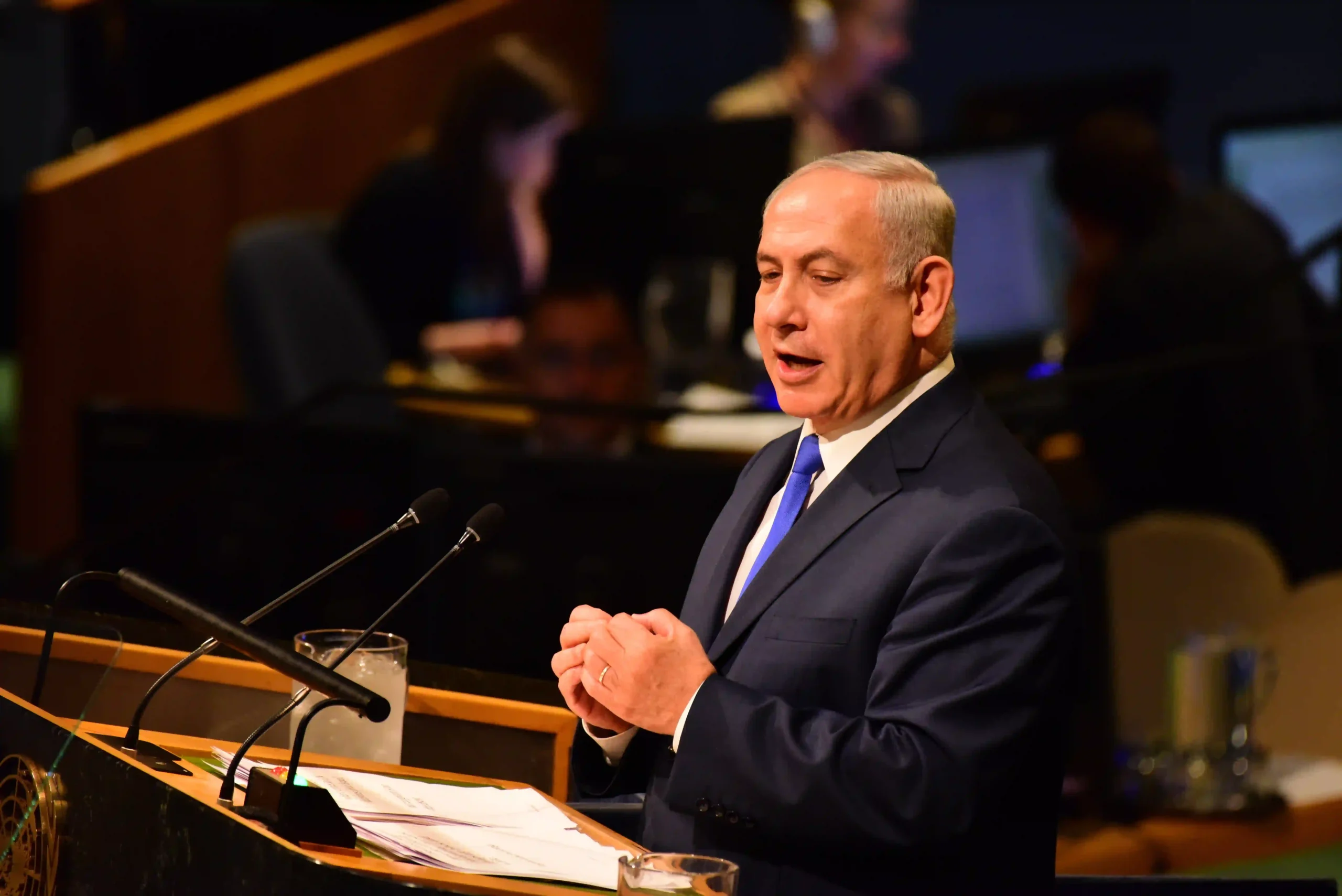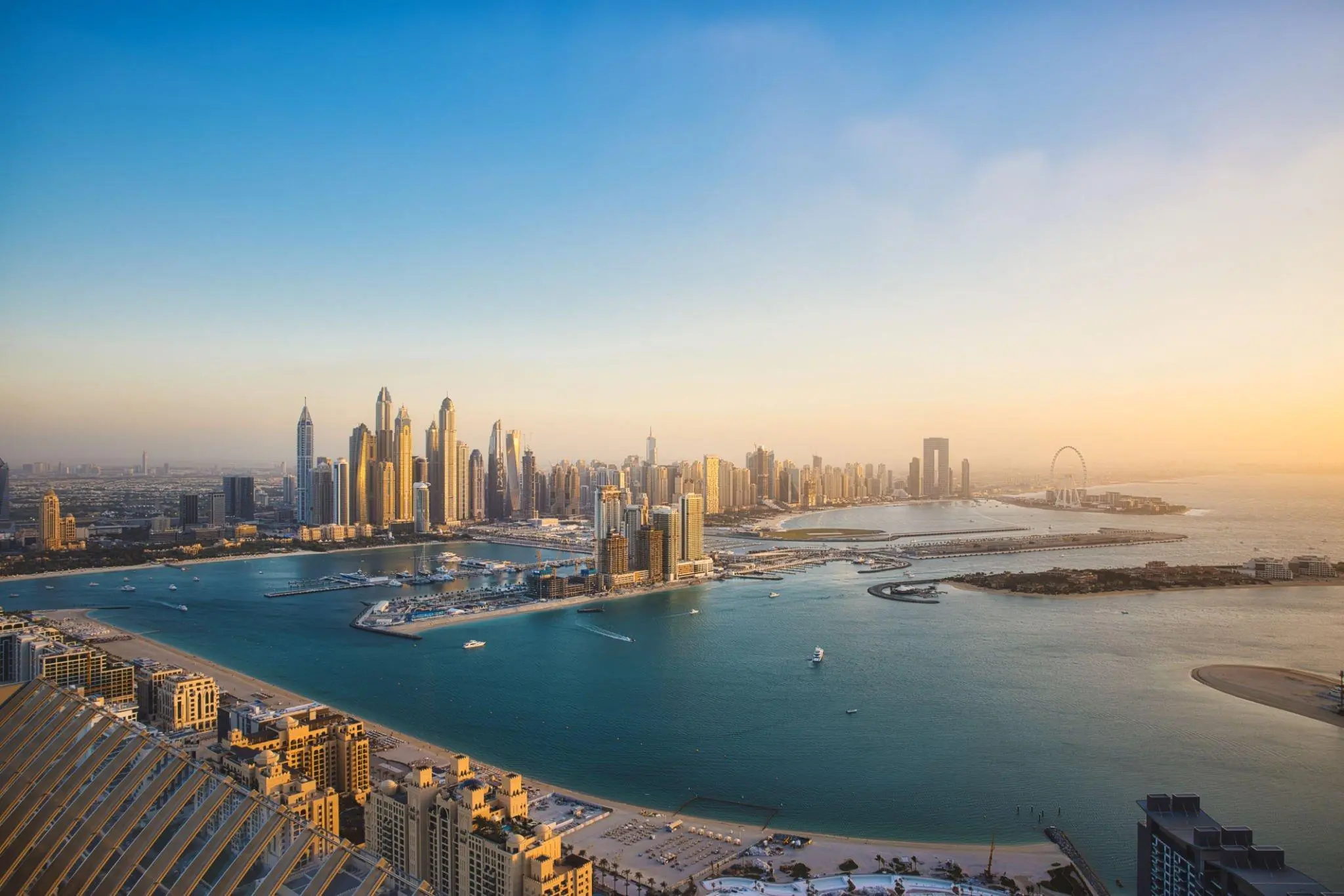20 Feb 2025
The Al Habtoor Research Centre Gaza Reconstruction Plan
The Gaza Strip, tragically marked by recurring cycles of conflict and destruction, faces a complex and deeply entrenched crisis that extends far beyond the visible damage to its buildings and infrastructure. The repeated devastation has crippled its economy, fractured its social fabric, and left its population in a state of perpetual vulnerability, demanding a comprehensive and transformative approach to recovery. Traditional reconstruction efforts, while necessary, have often fallen short by primarily focusing on the immediate task of rebuilding damaged structures. These efforts, though well-intentioned, have frequently failed to address the fundamental underlying economic and governance challenges that perpetuate instability and hinder long-term progress. This report, therefore, proposes a fundamentally different approach: a three-pillar framework that integrates immediate humanitarian relief with long-term strategies for economic sustainability and the establishment of durable peace. This holistic approach recognizes that true recovery requires not only rebuilding physical infrastructure but also fostering economic opportunity, strengthening governance, and promoting social cohesion, ultimately breaking the cycle of conflict and paving the way for a more stable and prosperous future for the people of Gaza. This three-pillar approach addresses the problem from a broader perspective.
8 Jan 2025
Back to Square One: Will the Presidential Vacuum in Lebanon Come to an End?
Lebanese Parliament Speaker Nabih Berri reiterated his call for a general session of Parliament on Jan. 9, 2025, to elect a new president as Lebanon’s presidential vacuum stretches into its third year. This call comes amid an ongoing crisis that began on October 31, 2022, following the end of former President General Michel Aoun's term. Aoun’s departure marked the conclusion of a previous presidential vacuum that lasted for 29 months, during which 45 attempts to reach a quorum for his election were unsuccessful. In the current vacuum, Parliament has failed to elect a president after twelve sessions, the most recent of which was held on June 14, 2024. This series of unsuccessful attempts highlights the profound complexities of Lebanon’s political process.
Recent domestic initiatives aimed at resolving the presidential vacancy and reaching a consensus on a candidate have also faltered. Meanwhile, representatives from five key countries, the United States, France, Saudi Arabia, Egypt, and Qatar, continue their efforts to mediate and navigate the obstacles hindering Lebanon’s political forces from agreeing on a mechanism to address the protracted vacancy crisis.
Amid persistent uncertainty surrounding the identity of Lebanon’s next president, political circles have been actively circulating the names of potential candidates. Among these, Commander of the Lebanese Army General Joseph Aoun, has emerged as a strong contender and is widely viewed as a likely consensus candidate.
The upcoming parliamentary session has ignited significant hopes that it may produce tangible results and lead to the selection of a new occupant for Baabda Palace. However, this optimism is tempered by pressing questions about whether Lebanon’s political forces can overcome their divisions, resolve the presidential vacuum, and converge on a candidate amidst the shifting political dynamics within Lebanon and across the region.
17 Dec 2024
Vision 2030: Empowered Women, Transformed Kingdom
Saudi Arabia is undergoing a remarkable transformation across various sectors. Fuelled by ambitious reforms under Vision 2030. The Kingdom’s economy is not only reaching new heights, having recently achieved trillion-dollar status, but also aiming to be among the leading economies in the world. This economic shift is driven by diversification and substantial investments, fundamentally changing the country’s economic structure and aiming at strengthening its global position.
Another key driver of this growth is the rise in female participation in the workforce through increased educational opportunities, and a more inclusive cultural environment. Saudi Arabia has implemented significant reforms to empower women economically, creating a positive impact that extends beyond 2030 vision. As a result, the country is witnessing a significant boost in economic growth demonstrating the transformative power of women’s empowerment.
10 Sep 2024
The Silent Rise: How China is Changing the Middle East
China has mediated a Palestinian reconciliation dialogue in Beijing, and has succeeded in bridging the rift between Saudi Arabia and Iran. These steps indicate a change in China's approach to the Middle East, as it has become an active player in the region by expanding its policies to include political and strategic considerations, in addition to its energy interests. Its "non-interventionist" policy has attracted many countries in the region, which see their growing relations with Beijing as a means of diversification. However, China's increasing involvement may pose a threat to US interests in the region. As Washington has increasingly focused on the Indo-Pacific region, China has emerged as an active player in the Middle East, reshaping regional security dynamics, signing strategic partnerships and memoranda of understanding for its economic activities with most Middle Eastern countries, and strengthening its ties with various regional organizations over the past two decades. Recent Chinese diplomatic initiatives demonstrate Beijing’s deep investment in further developing relations with Middle Eastern countries, with Beijing hosting the Arab-Chinese Summit and the Gulf-China Summit, demonstrating its commitment to strengthening strategic partnerships among the region’s countries and promoting economic development beyond its traditional energy interests. China’s growing engagement in the Middle East is seen as a significant factor shaping the region’s geopolitical landscape and has significant implications for global politics. This raises the question: how China’s methods diverge from those of the United States (U.S.) in the region?
6 Aug 2024
Strategic Ramifications of Unrest in Bab El Mandab: The Arab Cost
The term “unification of arenas” emerged in the discourse of the Arab-Israeli conflict following the 2021 Sword of Jerusalem Battle. This military and ideological strategy is primarily linked to Iran’s regional proxies within the “axis of resistance.” This coalition includes Hezbollah, Hamas, the Houthis, and various Iranian-backed militias in Syria and Iraq. Its objective is to enhance operational coordination among these groups to counter Israel and diminish American influence in the region, aligning with Iranian strategic interests. The approach involves launching simultaneous actions across different fronts, including Lebanon, Gaza, and Yemen, to orchestrate a unified battle against common adversaries, particularly Israel and the United States (U.S.).
While this strategy had been employed on a limited scale prior to October 7, it achieved unprecedented levels of coordination following these operations. The execution involved dividing targets within Israel, with coordinated attacks from Gaza, Lebanon, Iraq, Syria, and Yemen. This meticulous synchronisation and sequence of missile and drone strikes overwhelmed Israeli air defences, with some attacks originating from Yemen and reaching targets in Tel Aviv.
These agents, particularly the Houthis, did not limit their actions to threatening Israeli facilities. Their strikes extended to disrupting navigation in the Bab El Mandab Strait off the Yemeni coast. The Houthis conducted numerous attacks on ships they claimed had ties to Israel, whether through state ownership, ownership by individuals with Israeli citizenship, or simply passing through Israeli ports. This broad targeting strategy encompassed a significant portion of the traffic in this crucial strait for global trade, particularly affecting Arab oil-exporting countries and Egypt, which relies heavily on the Suez Canal for its maritime traffic. As a result, shipping routes have shifted from the Suez Canal to the Cape of Good Hope, prompting long-term strategic transformations and immediate economic repercussions for the Arab countries involved. This analysis aims to assess the Bab El Mandab Strait's importance for Arab countries and explore the strategic implications of its disruption on their economies.
4 Aug 2024
Iranian Influence in Sudan: Balancing Drone Diplomacy and Conflict Pressures
Relations between Sudan and Iran have experienced a volatile history of rapprochement and estrangement over the past eight years, mainly due to the strong tensions between the two countries. The relationship was notably strained after Iranian protesters stormed the Saudi embassy in Tehran in 2016, prompting the Sudanese government to close all Iranian schools and cultural centres. However, amid escalating regional tensions between Tehran and its supporters on one side and Washington and its allies on the other, Sudan and Iran are moving quickly to open a new chapter in their relations. This development comes against the backdrop of the ongoing war between the Sudanese army and the paramilitary Rapid Support Forces since April 2023.
The current regional changes have created an opportunity for Sudan and Iran to address past differences in a calculated manner. Relations have shown noticeable growth over the past year, marked by a series of high-level official meetings between Sudanese and Iranian officials. One significant meeting took place on the sidelines of the Non-Aligned Movement Ministerial Committee meeting in the Azerbaijani capital, Baku, in July 2023, where former Sudanese Foreign Minister Ali Al-Sadiq, met with his Iranian counterpart, Hossein Amir-Abdollahian. This meeting signalled a rapprochement, culminating in Sudan’s announcement of the official resumption of its diplomatic relations with Iran Oct. 9, 2023.
A year after the resumption of relations, the Chairman of the Transitional Sovereignty Council, Abdel Fattah al-Burhan, received the credentials of the Iranian ambassador, Hassan Shah Hosseini, July 21, 2024, appointing him as his country’s ambassador and plenipotentiary to Sudan. This move raised many questions, particularly due to its timing, which coincided with escalating regional tensions and months of ongoing battles between the Sudanese army and the Rapid Support Forces. Additionally, it occurred in the context of the normalisation of relations between Khartoum and Tel Aviv, which began approximately four years ago.
This rapprochement raises many questions about the agreement’s sustainability, particularly given the two countries’ divergent regional priorities. While Iran focuses on the Gulf and the Arab Levant, the future of this relationship hinges on regional developments and Iran’s strategic calculations in the Red Sea region. Will the ties radically shift toward a sustainable strategic partnership or remain captive to regional tensions and political tactics?
21 Jul 2024
The Power of the Word: How the UAE Redefined International Mediation?
The 21st century has witnessed a resurgence of mediation as a pivotal tool for resolving international disputes. This resurgence is driven by the complexities of contemporary conflicts and the expansion of threats beyond traditional regional conflicts, civil wars, and political crises. The scope of security threats now includes issues such as climate change, cybersecurity, and transnational organised crime.
Several countries have played significant roles in mediation, leveraging their diplomatic acumen, political influence, and economic resources to facilitate dialogue and prevent escalation. Norway has consistently demonstrated its commitment to peacebuilding through active participation in resolving conflicts among the most prominent mediators. From Sri Lanka to Colombia and the facilitation of the Oslo Accords, Norway has embodied its ability to promote dialogue between seemingly irreconcilable adversaries.
Known for its multilateral approach and emphasis on consensus building, Finland initiated the Group of Friends of Mediation in September 2010, significantly contributing to peace processes in the Horn of Africa. Similarly, Switzerland, with its long-standing tradition of neutrality, has provided a safe and neutral venue for countless peace talks and negotiations, fostering an environment conducive to compromise and resolution.
Amid the resurgence of mediation in international diplomacy, the last decade has witnessed the emergence of non-Western actors in this field. At the forefront is the United Arab Emirates (UAE), which has become an essential player in the Middle East and beyond. Since its founding, the UAE has combined traditional Arab values with modern diplomatic practices to address the cultural complexities of regional conflicts, adopting a policy of promoting peace, security, and stability both regionally and globally.
The UAE’s commitment to mediation is evident in its numerous initiatives aimed at calming conflicts and crises, including active mediation in the ongoing conflict in Yemen, facilitating dialogue and humanitarian aid, playing a crucial role in reconciliation efforts between India and Pakistan; its pivotal role in the historic 2018 peace agreement between Ethiopia and Eritrea, marking a significant achievement in regional stability; facilitating prisoner exchanges between Russia and Ukraine, showcasing the UAE's diplomatic reach; mediation efforts between Russia and the United States (U.S.), further highlighting the UAE's influence; and hosting the COP28 Climate Conference in Dubai, underscoring the UAE's active participation in global diplomacy.
However, the path to mediation is fraught with challenges. The inherent complexities of many regional conflicts, the conflicting interests of the parties involved, and the need to balance mediation efforts with national interests can hinder the achievement of sustainable solutions. Additionally, maintaining neutrality in polarised situations, limited influence over non-state actors, and potential capacity constraints are challenges that the UAE must overcome to ensure the continued success of its mediation efforts. Hence, the UAE’s role as a rising international mediator, focusing on the factors that enabled its rise, its mediation strategies, and the impact of its efforts on regional and global conflicts will be examined.
3 Jul 2024
Sacrifice Sustainability – Does it Impact Hajj Rituals?
Hajj, the fifth pillar of Islam, is a highly anticipated ritual for many Muslims. As the global Muslim population grows and financial conditions improve, the demand to perform Hajj has increased. However, pilgrims encounter numerous challenges, particularly regarding the ritual of sacrifice. After completing the stoning of the Jamarat, pilgrims perform the sacrifice—slaughtering a sheep, cow, or camel—as an act of devotion to Allah Almighty. This analysis seeks to explore the specific challenges associated with the sacrificial ritual.
To be considered valid, a sacrificial animal must meet several criteria. It must be livestock—camels, cows, sheep, or goats—and adhere to Islamic age requirements: at least six months old for camels, two years for cows, one year for sheep, and six months for goats. The animal must be free from defects, including lameness, blindness, illness, or severe emaciation. It must be slaughtered in designated holy locations and within the timeframe set by Islamic law, from after Eid al-Adha prayer until the final days of Tashreeq (the 11th, 12th and 13th of Dhul-Hijjah.)
17 Apr 2024
The Fallout of Escalating Iranian-Israeli Tensions
The Iranian Revolutionary Guard's Air Force made a historic move by launching a direct assault on Israel in an operation dubbed "The True Promise," marking the first instance of such an attack originating from Iranian territory. Late on Saturday, April 13, 2024, Israeli cities were subjected to a relentless barrage of drones and ballistic missiles, signalling a significant escalation in tensions between the two nations. This offensive action follows Iran's earlier pledge to retaliate against Israel for its targeting of the Iranian consulate in Damascus, an incident that resulted in the deaths of seven Revolutionary Guard members, including two high-ranking leaders, on April 1.
This calculated escalation underscores Iran's unwavering commitment to defending its sovereignty and national interests while bolstering regional security. The global spotlight now shifts to the scale, sophistication, and broader implications of Iran's strike against Israel.
The Iranian assault on Israeli soil marks a pivotal moment in the ongoing conflict between the two adversaries, thrusting their hostilities from the shadows into the open arena of direct confrontation.
Against this backdrop, the Israeli response hinges on several key factors. Firstly, the extent to which Iranian proxies, such as the Houthis and Hezbollah, may actively participate in the conflict will influence Israel's strategic calculus. Secondly, the response will be shaped by the presence or absence of casualties among Israeli forces, as well as the effectiveness of its defence systems, bolstered by support from the United States, in mitigating potential damage. Lastly, how Israel opts to retaliate will be of paramount importance in determining the trajectory of the conflict.
Consequently, this analysis aims to elucidate the attack's ramifications and its economic repercussions on the parties involved in the conflict.
27 Sep 2023
Netanyahu and the Art of Storytelling
Since its emergence, Zionism has been an ideology of strategic and ambitious imagination. In his address to the UN General Assembly's 78th session, Israeli Prime Minister Benjamin Netanyahu takes every opportunity to confirm the effectiveness of this strategy and ensure the fruition of his vision for a “New Middle East.” Although the address was very much consistent with the Prime Minister’s record of flamboyant public speaking and Israel’s usual public image projection, it was equally revealing of a certain political desperation lurking in the shadows.
17 Apr 2023
What to Expect at COP28
The stakes are high at the upcoming UN Climate Change Conference (COP28), which will be hosted in the United Arab Emirates in November 2023. The United Nations’ Intergovernmental Panel on Climate Change’s (IPCC) latest publication on the state of climate in the world, the Sixth Assessment Report, warns that countries are way off track to limiting warming to 1.5 degrees above pre-industrial levels to avoid the worst impacts of climate change. The science clearly shows it is no longer a question of “if” human activities are the main cause of the disruption to nature - they certainly are - but there is also explicit evidence that we also have affordable and effective solutions that require immediate action and a serious commitment to changing our energy system. While past COP summits have attempted to reach consensus and binding international agreements on emission reduction strategies and goals, previous IPCC reports have repeatedly stated that climate plans need to be more ambitious. Despite this, countries are still lagging behind, even on the goals that are considered insufficient. With this, a number of pressing issues are expected to be at the forefront of the Dubai COP.
2 Apr 2023
Restoring Balance: Impacts of Automation on UAE Labour Force
According to the McKinsey Global Institute report between 400 million and 800 million people worldwide could be displaced by automation and need to find new occupations by 2030, with 75 million to 375 million of those affected need to move to another new jobs and learn new skills.
Over the last two decades, there has been a surge in interest in automation and digital technologies, as well as their implications for our societies. Several writers have calculated experimentally the impact of automation technologies on employment and people by examining technology adoption at the business or industry level in previous years and related this to labour market outcomes, but their conclusions have been mixed. Some studies find that automation technologies positively impact employment, while others show that they have a negative impact.
Our study examined the impact of automation on UAE in terms of demographics, employment and economic sectors by implementing several scenarios of automation. These scenarios revealed that, in most cases, automation will positively impact UAE in terms of some macroeconomic indicators, and will lead to its economic growth and stability. Finally, we provided some recommendations that will enhance and facilitate the transition to automation in the UAE.

